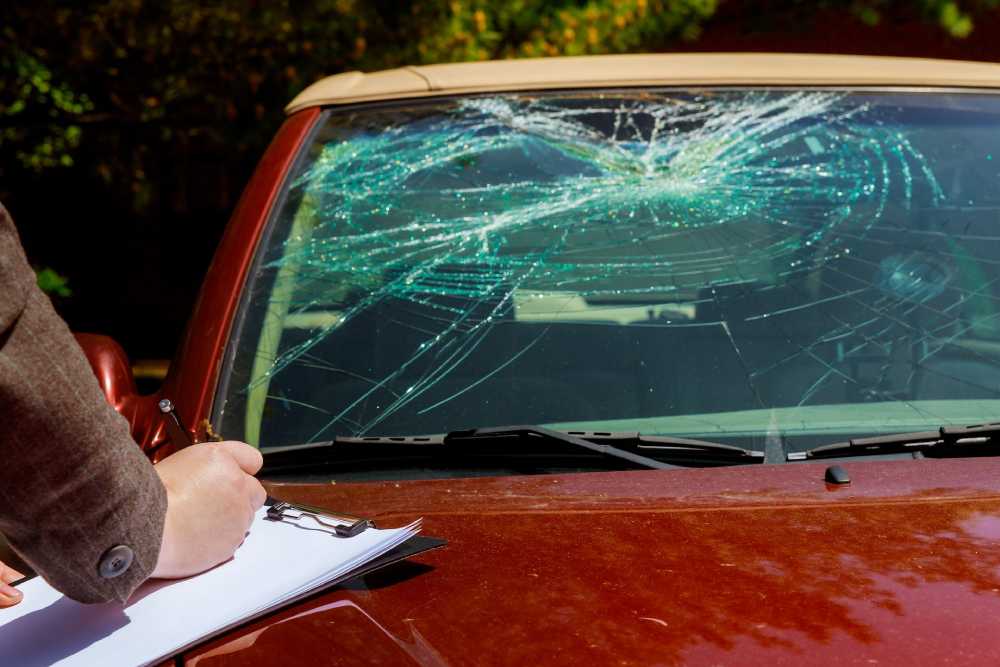
You may be contacted by an insurance adjuster from your company or the other drivers. Their job is to minimize the amount their company will pay for your injuries and losses. What you say to these representatives could make or break your case. Here are some things you should never do:
Don’t Accept a Low-ball Offer
Insurance companies in Vero Beach, FL, often make low-ball offers to close the claim quickly and avoid litigation. It is an unfortunate fact of the insurance industry. Accepting an insurance company’s first settlement offer is never a good idea after speaking with a knowledgeable Vero Beach car accident lawyer.
If you do, you will be spooked into accepting an unfair offer before fully understanding your case’s value. Insurance companies can use anything you say against you in your car accident claim, including if you take responsibility for the crash or apologize.
Moreover, it is best to give the bare minimum of information when being asked questions by an insurance representative after a collision. It is because any more information could be used against you.
Don’t Talk About Your Injuries
Whether you are suffering from minor cuts and bruises or severe spinal cord injuries, it is essential to see a doctor immediately after a car accident. It will guarantee that your wounds are attended to and properly documented, enabling you to obtain just compensation.
Automobile collisions can result in psychological trauma in addition to physical harm. It’s important to talk about how the accident has affected you with a trusted friend or family member and consider seeking professional support if necessary.
If you have difficulty having face-to-face conversations, communication through email or text may be more accessible. It will help you keep a record of the conversation, and you can review it later. It will be helpful if you need to provide statements to the insurance company later on.
Don’t Give a Recorded Statement
While an insurance adjuster may initially sound friendly, they aim to collect information about your crash that they can use against you. They are looking out for the interests of their multi-billion dollar employer, not yours.
They are hoping that you will say something — or that their words can be twisted into saying something — that can devalue your claim, justify a denial of your injury claims, or reduce the money you receive. Only give a recorded statement after consulting an experienced car accident attorney first.
It is nearly always a mistake to do so. Even if your injuries are minor, they can worsen as the days go by, and you might need substantial compensation.
Don’t Negotiate Outside of the Insurance Process
Whether or not you should report an accident to your insurer depends on the situation. However, you should always report an accident to the at-fault driver’s insurance company. That ensures that their insurer will be aware of the accident and can adequately investigate the claim.
You should also exchange information, including contact information and insurance policy numbers, at the crash scene. Accepting a settlement without first speaking with the insurance companies could make it easier to prove your damages later.
Your actual value can only be ascertained by providing repair estimates and medical records, even though the insurance adjuster may offer a low settlement initially. A lawyer can help you negotiate a more fair settlement.
Don’t Sign Any Documents Without a Lawyer’s Advice
Whether you’re at fault for the crash, staying calm and thinking about what you say is essential. Even if you’re convinced you’re to blame, facts that show otherwise can emerge later. Insurance representatives will likely reach out to you within hours of the crash. They may use a comforting, caring tone and tell you they’re sorry for your injuries.
They’ll offer to meet you with a doctor and pay your medical bills. Have the police file an official car accident report. If the other driver subsequently modifies their account, you will have a record of what transpired. It will also help establish liability if you’re sued for negligence or damage.
